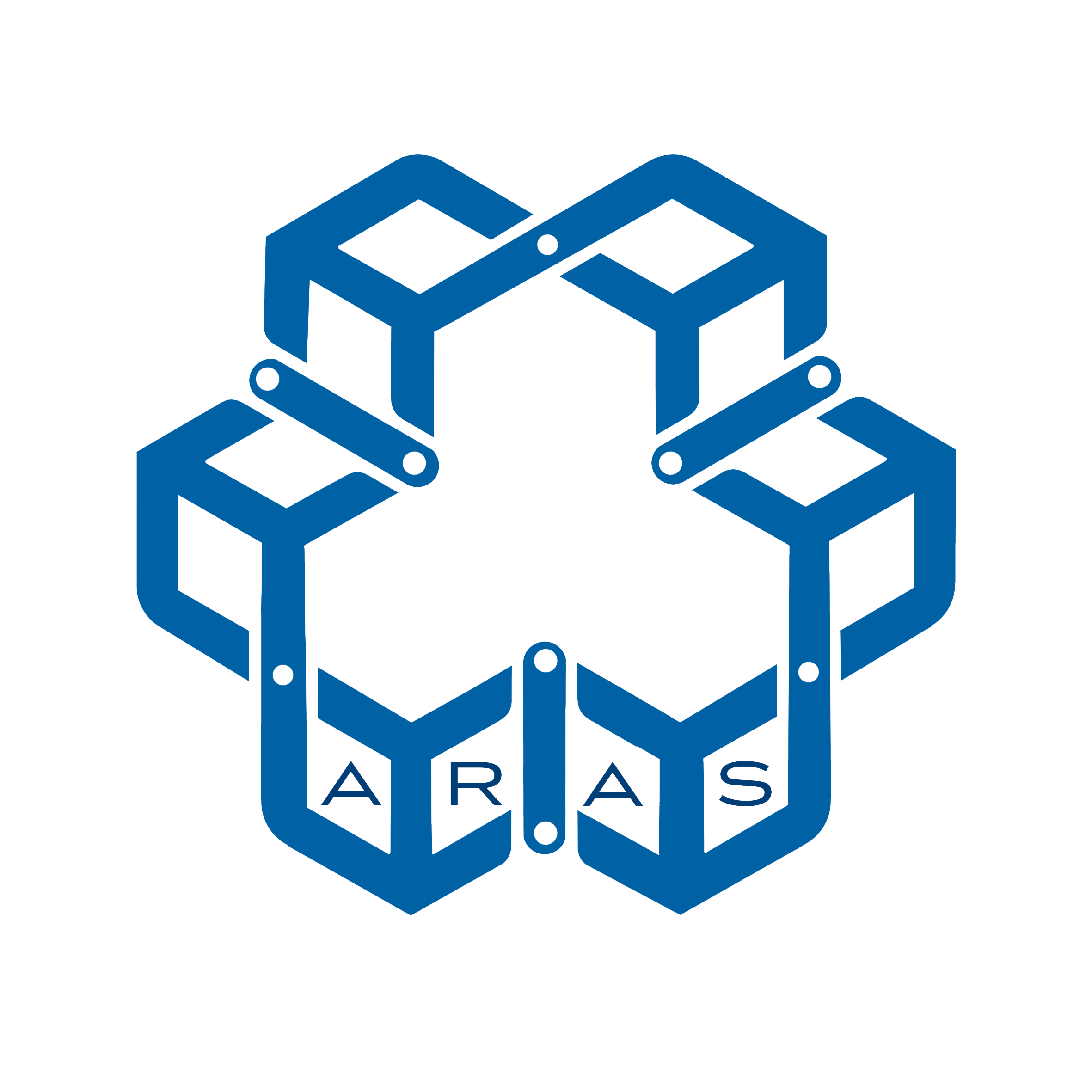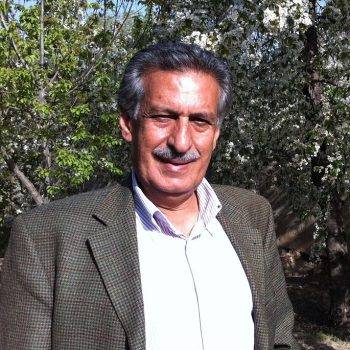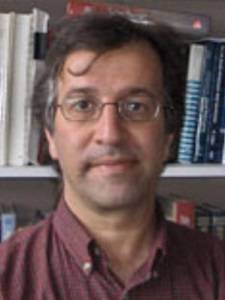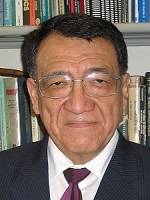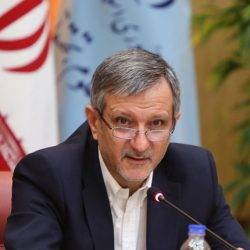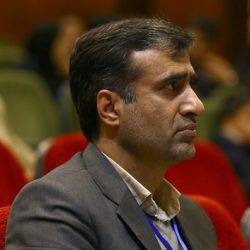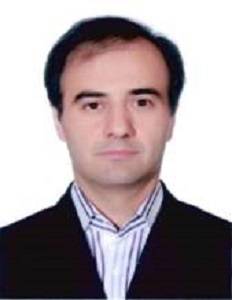Partners and Co-founders of Advanced Robotics And Automated Systems
Ali Ghaffari was born in Neishabour, Iran, in 1947. He received the B.S. degree in mechanical engineering from Sharif University of Technology, Tehran, Iran, in 1971, the M.S. degree in mechanical engineering from Georgia Institute of Technology, Atlanta, in 1975, and the Ph.D. degree in mechanical engineering from the University of California, Berkeley, in 1978.
He is currently a Professor with the Department of Mechanical Engineering, K. N. Toosi University of Technology (KNTU), Tehran. He is also the Head of the Cardio Vascular Research Center, Department of Mechanical Engineering. He is the Editor of the International Journal of Robotics and has collaborated with different firms on applied projects. His main research interests include linear and nonlinear modeling and control systems, intelligent control, fuzzy logic, robotics, and bioengineering.
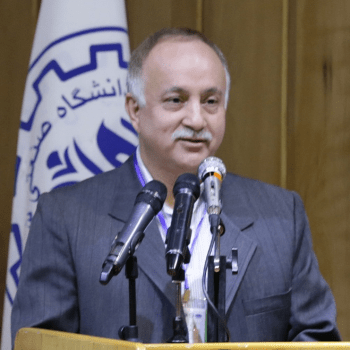
S. Ali A. Moosavian received his BS degree in 1986 from Sharif University of Technology and the MS degree in 1990 from Tarbiat Modaress University (both in Tehran), and his PhD degree in 1996 from McGill University (Montreal, Canada), all in Mechanical Engineering. He is with the Mechanical Engineering Department at K. N. Toosi University of Technology (Tehran) since 1997, currently as a Professor. He teaches courses in the areas of robotics, dynamics, automatic control, analysis and synthesis of mechanisms. His research interests are in the areas of dynamics modeling, and motion/impedance control of terrestrial and space robotic systems. He has published more than 250 articles in peer-reviewed journals and conference proceedings. He is one of the Co-founders of the Advanced Robotics and Automated System (ARAS) Research Center, and is the Director of the Center of Excellence in Robotics and Control.
Collaborators on Surgical Robotics Research
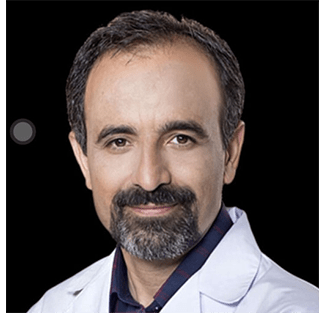
Seyed Farzad Mohammadi received the Fellowship degree in anterior segment of the eye from the Tehran University of Medical Sciences, Tehran, Iran, in 2007. He is currently an Associate Professor of ophthalmology with Translational Ophthalmology Research Center, Farabi Eye Hospital, Tehran University of Medical Sciences. His current research interests include bench-to-bedside researches and ophthalmic
epidemiology. He is board-certified in ophthalmology and a fellow of the International Council of Ophthalmology, and he is currently involved in Ophthalmic Epidemiology & Public Health Ophthalmology initiatives; Anterior Segment, Cornea & Refractive Surgery clinical research; Anterior Segment Regenerative Ophthalmology (Corneal Endothelial Cell Therapy); Robotics in Ophthalmic Surgery Education; Natural Lens Biomechanics; & Corneal Imaging (non-optical).
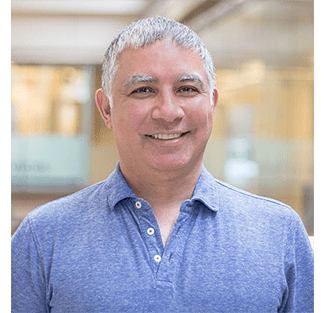
Keyvan Hashtrudi-Zaad received the Ph.D. degree in electrical and computer engineering from the University of British Columbia, Vancouver, BC, Canada, in 2000. He then held a consulting position with Motion Metrics International Corporation, Vancouver, where he was involved in the development of a dynamic payload monitoring system for heavy duty hydraulic machines. In 2001, he joined the Department of Electrical and Computer Engineering, Queens University, Kingston, ON, Canada, where he is currently a Professor and the Co-Director of the BioRobotics Research Laboratory. His current research interests include telerobotics, haptics, telerehabilitation, autonomous driving, and control systems.
Dr. Hashtrudi-Zaad served as an Associate Editor for the IEEE TRANSACTIONS ON HAPTICS and on the organization committees of a number of IEEE-sponsored conferences.
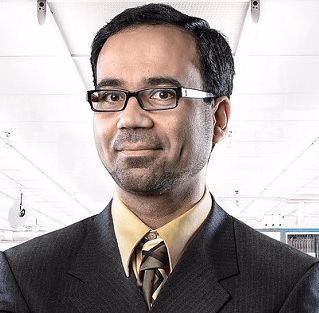
Seyed Mahdi Tavakoli Afshari received his BSc and MSc degrees in Electrical Engineering from Ferdowsi University and K.N. Toosi University, Iran, in 1996 and 1999, respectively. He then received his PhD degree in Electrical and Computer Engineering from the University of Western Ontario, London, ON, Canada, in 2005. In 2006, he was a post-doctoral research associate at Canadian Surgical Technologies and Advanced Robotics (CSTAR), London, ON, Canada. In 2007-2008, and prior to joining the Department of Electrical and Computer Engineering at the University of Alberta, Dr. Tavakoli was an NSERC Post-Doctoral Fellow with the BioRobotics Laboratory of the School of Engineering and Applied Sciences at Harvard University, Cambridge, MA, USA. Dr. Tavakoli’s research research focuses on haptics and teleoperation control, medical robotics, surgical robotics and image-guided surgery.
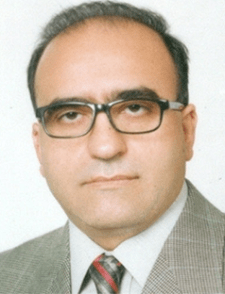
Dr. Alireza Lashay obtained his PhD in vetreo retinal surgery from Tehran University of Medical Sciences,iran in the year 1993. He holds a Master Degree (MSc) in Opthalmology from Tehran University of Medical Sciences, Iran in the year 1988, followed by a Bachelor’s Degree in general medicine from Tehran University of Medical Sciences,Iran in the year 1981. He is now working as a Professor in Opthalmology in Tehran University of Medical Sciences.
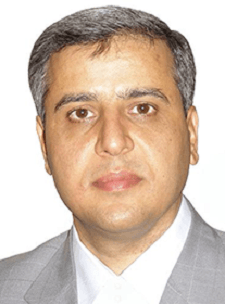
Dr. Ghasem Fakhraei has awarded his Fellow in Glaucoma, Wills Eye Institute, Thomas Jefferson University, Philadelphia, USA, in January 2009, and Fellow in Glaucoma, Farabi Eye Hospital, Tehran University of Medical Sciences, Tehran, Iran, January 2008. He is now working as an accociate Professor in opthalmology, Glaucoma Service, in tehran university of medical sciences.
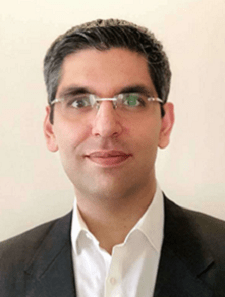
Dr. Hamid Riazi currently works at Farabi eye hospital as a assistant professor of ophthalmology. Hamid does research in Ophthalmology. Their most recent publication is ‘Successful treatment of tubercular multifocal serpiginous-like choroiditis without use of anti-inflammatory drugs: A case report with multimodal imaging’.
Collaborators on Parallel and Cable Robotics Research
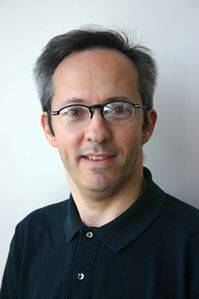
Clement Gosselin received his Ph.D. degree from McGill University, Montreal, Quebec, Canada in 1988. He was appointed by the Department of Mechanical Engineering at Universite Laval, Quebec where he is a Full Professor since 1997. He is currently holding a Canada Research Chair in Robotics and Mechatronics since January 2001. His research interests include robotic mechanical systems, robotic hands, parallel mechanisms, cable-driven mechanisms, physical human-robot interaction and others. His work in these areas has been the subject of two books as well as numerous publications and patents. He has received several awards including the Gold Medal of the Governor General of Canada for undergraduate studies in 1985, the I. Ω. Smith Award from CSME for creative engineering in 1993, the ASME DED Mechanisms and Robotics Committee Award in 2008, the ASME Machine Design Award in 2013, the Queen Elizabeth II Diamond Jubilee Medal for excellence in research in 2013.
Meyer Nahon received the B.A.Sc. degree in mechanical engineering from Queen’s University, Kingston, ON, Canada, the M.A.Sc. degree in aerospace engineering from the University of Toronto, Toronto, ON, and the Ph.D. degree in mechanical engineering from McGill University, Montreal, QC, Canada. From 1991 to 2001, he was an Assistant and Associate Professor in mechanical engineering with the University of Victoria, Victoria, BC, Canada. Since then, he has been an Associate Professor in mechanical engineering with the Centre for Intelligent Machines, McGill University. His present research deals with various aspects of dynamics and control of aerial and marine vehicles and systems, with a particular emphasis on tethered systems. Dr. Nahon is an Associate Fellow of the AIAA and Fellow of the Canadian Aeronautics and Space Institute (CASI). He was the recipient of awards from the AIAA and CASI for his work on flight-simulator motion systems and on space-based robot.
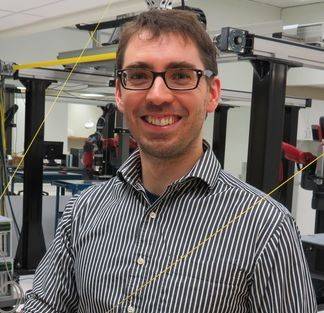
Philippe Cardou received the B.Eng.degree in mechanical engineering from the Universite Laval, Quebec City, QC, Canada, in 2003, and the Ph.D. degree from McGill University, Montreal, QC, in 2008. In 2007, he joined the Department of Mechanical Engineering, Universite Laval, where he has been an Assistant Professor, since 2008. Since 2008, he has been an Associate Editor of the Transactions of the Canadian Society for Mechanical Engineering. His research interests include kinematics and optimization, with emphasis on two specific applications: the measurement of rigid-body displacements from accelerometers and the dimensional synthesis of mechanisms. Dr. Cardou is a member of the American Society of Mechanical Engineers. He specializes in the design of robots and articulated mechanisms. In his perpetual quest for “the optimal solution”, he tries to combine the creativity of the designer with the computing power of computers.
Jorge Angeles received the B. Eng. and M.Sc. degrees in Mechanical Engineering from the Universidad Nacional Autónoma de México (UNAM), and the Ph.D. degree from Stanford University. He is currently James Professor at McGill University. The focus of his research is design and control of robotic mechanical systems at large as well as their mechanical components, such as drives and sensors. A major activity there is the development of speed reducers meeting the strict requirements of robotic and mechatronic applications: low backlash; low friction; and high stiffness. On robot design, he stresses on robustness regarding their kinetostatic, elastostatic and elastodynamic performances.
Tobias Bruckmann received the Dipl.-Ing. in Mechanical Engineering from the University Duisburg-Essen, Duisburg, Germany, in 2004 and the Dr.-Ing. in 2010. He is currently working as a Senior Engineer at the Chair for Mechatronics, University Duisburg-Essen, where he is leading a research team with experiences in numerous fields of robotics, including cable-driven parallel manipulators, construction machines and human-machine interaction. His interests focus on Cable-driven parallel robots (wire robots), Real-time systems and automation, Kinematics, simulation, and control of multi-body systems, Workspace analysis and synthesis of rope-driven Stewart platforms, Interval arithmetic.
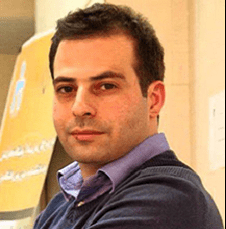
Mehdi Tale Masouleh received the B. Eng. M. Sc. and Ph.D. degrees in Mechanical engineering (Robotic) from the Laval University, Québec, Canada, in 2006 , 2007 and 2010, respectively, under the supervision of Prof. Gosselin and Prof. Husty. He is currently a faculty member of Electrical and Computer Engineering of University of Tehran. He is also the director of Human-Robot Interaction Laboratory, known as TaarLab for its Persian abbreviation. His research interests are kinematics, dynamic and design of serial and parallel robotic systems, Humanoid, mobile robots and optimization techniques (interval analysis and convex optimization …) for robotic applications.
Collaborators on Dynamic System Analysis & Control Research
Ali Khaki Sedigh received the honors degree in mathematics from the University of Newcastle upon Tyne, Newcastle upon Tyne, U.K., in 1983, the Master’s degree in control systems from the Univeristy of Manchester Institute of Science and Technology, Manchester, U.K., in 1985, and the Ph.D. degree in control systems from the University of Salford, Salford, U.K., in 1988. He is currently a Professor of control systems with the Department of Electrical and Electronics Engineering, K. N. Toosi University of Technology, Tehran, Iran. He is the author or a coauthor of about 70 journal papers and ten books in the area of control systems. His main research interests are adaptive and robust multivariable control systems, chaos control and hybrid systems, and the history of control.
Mohammad A. Khosravi received the B.Sc. degree in electrical engineering from the University of Sistan and Baluchistan, Zahedan, Iran, in 1997 and the M.Sc. and Ph.D. degrees in electrical engineering, both from K. N. Toosi University of Technology, Tehran, Iran, in 2000 and 2013, respectively. He is an eminent alumni of Advanced Robotics and Automated System, K. N. Toosi University of Technology. He is currently acting as an assistant professor with the Department of Electrical Engineering, Amirkabir University of Technology. His current research interests include various aspects of dynamics and control of parallel robots with particular emphasis on cable-driven robots.
Alireza Fatehi received the B.S. degree from the Isfahan University of Technology, Isfahan, Iran, the M.S. degree from Tehran University, Tehran, Iran, and the Ph.D. degree from Tohoku University, Sendai, Japan, in electrical engineering, in 1990, 1995, and 2001, respectively. He is currently an Associate Professor of electrical engineering with the K. N. Toosi University of Technology (KNTU), Tehran. He is the Director of the Advance Process Automation and Control Research Group and a member of the Industrial Control Center of Excellence, KNTU. He is currently a Visiting Professor in Canada. His current research interests include industrial control systems, process control systems, intelligent controllers, multiple model controllers, nonlinear predictive controllers.
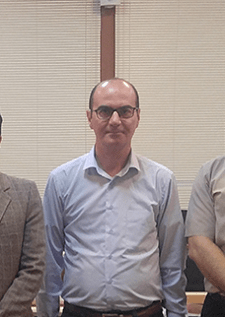
Mehrzad Namvar received BSC and MSC in Electrical Engineering from Sharif University of Technology (SUT) in 1991 and 1996, respectively. From 1996 to 2001 he attended the Grenoble Institute of Technology (INPG) in France where he received PhD on Control systems in 2001. During 2001-2004 he was a visiting Researcher at the Canadian Space Agency (CSA) in Montreal. During 2004-2006 he was Research associate in the faculty of Engineering and Computer science in Concordia University. Since 2005 he has been a faculty member in the Department of Electrical Engineering in Sharif university of Technology. He is recipient of French government fellowship in 1996 and Canadian Natural Science and Engineering Research Council (NSERC) fellowship in 2001. His research interests span the areas of Robotics, Navigation, Nonlinear and Robust control.
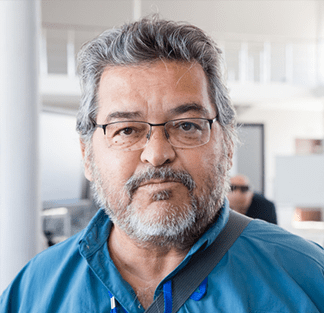
Romeo Ortega was born in Mexico. He obtained his BSc in Electrical and Mechanical Engineering from the National University of Mexico, Master of Engineering from Polytechnical Institute of Leningrad, USSR, and the Docteur D`Etat from the Politechnical Institute of Grenoble, France in 1974, 1978 and 1984, respectively. His research interests are in the fields of nonlinear and adaptive control, with special emphasis on applications. Dr Ortega has published three books and more than 250 scientific papers in international journals, with an h-index of 63. He has supervised more than 30 PhD thesis. He is a Fellow Member of the IEEE since 1999. He has served as chairman in several IFAC and IEEE committees and participated in various editorial boards of international journals.
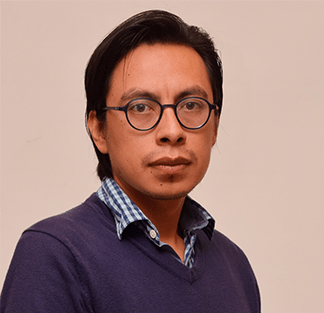
Jose Romero is a full time professor and researcher at the Digital Systems Department, and level one member of the CONACYT National Researchers System. He obtained the Ph.D. degree in Control Theory from the University of Paris Sud XI, France; the M.Sc. degree in robotics and advanced manufacturing from CINVESTAV-IPN; and the B.Sc. in electronics engineering from the Autonomous University of Zacatecas. His research interests are focused on control theory, stability analysis, and the state estimation problem, with especial emphasis on nonlinear systems, including the mechanical systems, aerial vehicles, and mobile robots. Along his academic career, he was a postdoctoral fellow at Schneider electric and EECI, in Paris, France; and at the Laboratoire d’Informatique, de Robotique, (LIRMM), at Montpellier, France.
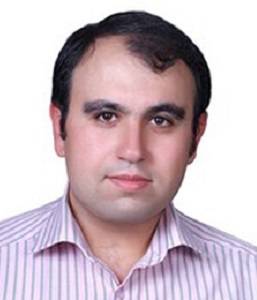
Amirhossein Nikoofard received the B.Sc. and M.Sc. degrees in electrical and computer engineering from the University of Tehran, Tehran, Iran, in 2008 and 2011, respectively, and the Ph.D. degree in electrical and computer engineering from the Norwegian University of Science and Technology, Trondheim, Norway, in 2016. He is currently an Assistant Professor of Electrical Engineering with the K. N. Toosi University of Technology, Tehran. His research interest include: Nonlinear state estimation and system identification, Model Predictive Control, Adaptive Control, and Optimization, Automatic solutions for Oil and Gas industry, Drilling, Production, Reservoir management, Game theory, Soft computing, such as fuzzy logic, neural networks, and evolutionary algorithms.
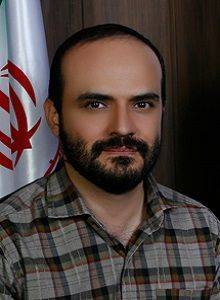
Mahdi Aliyari Shoorehdeli received his B.S. degree in Electronic Engineering in 2001, his M.Sc and Ph.D. degrees in Control Engineering in 2003 and 2008 in Control Engineering from K. N. Toosi University of Technology, Tehran repetitively. He has been with the Mechatronics Department of K. N. Toosi University of Technology, Tehran, Iran since 2010. His research interests include
- Fault Diagnosis and Fault Tolerant Control
- Industrial System Identification
- Multi objective Optimizations and Convergence Analysis
- Neuro- fuzzy systems stability and control
- Fuzzy systems and control
- Nonlinear Control
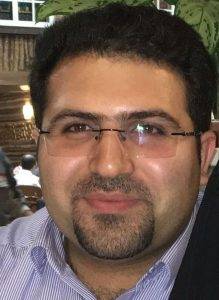
Maysam Zamani Pedram has received his B.Sc. and M.Sc. degree in Electrical Engineering and Mechatronics Engineering from K.N. Toosi University of Technology, Tehran, Iran, in 2009 and 2011, respectively and his Ph.D. in Mechanical engineering in 2016, from Sharif University of Technology, Tehran, Iran. He is currently an Assistant Professor of the Faculty of Electrical Engineering, a Leader Trust of CreaTech in the field of biosensor/actuator and the Director of the Micro Sensor Processor Group (MSP) at K.N. Toosi University of Technology, Tehran, Iran. His research studies focused on Microfluidic based biosensor/actuator design, fabrication and control, Application of magnetic nanoparticle in brain disease detection, nanoparticle drug delivery to the brain and Magnetically study of brain activities.
